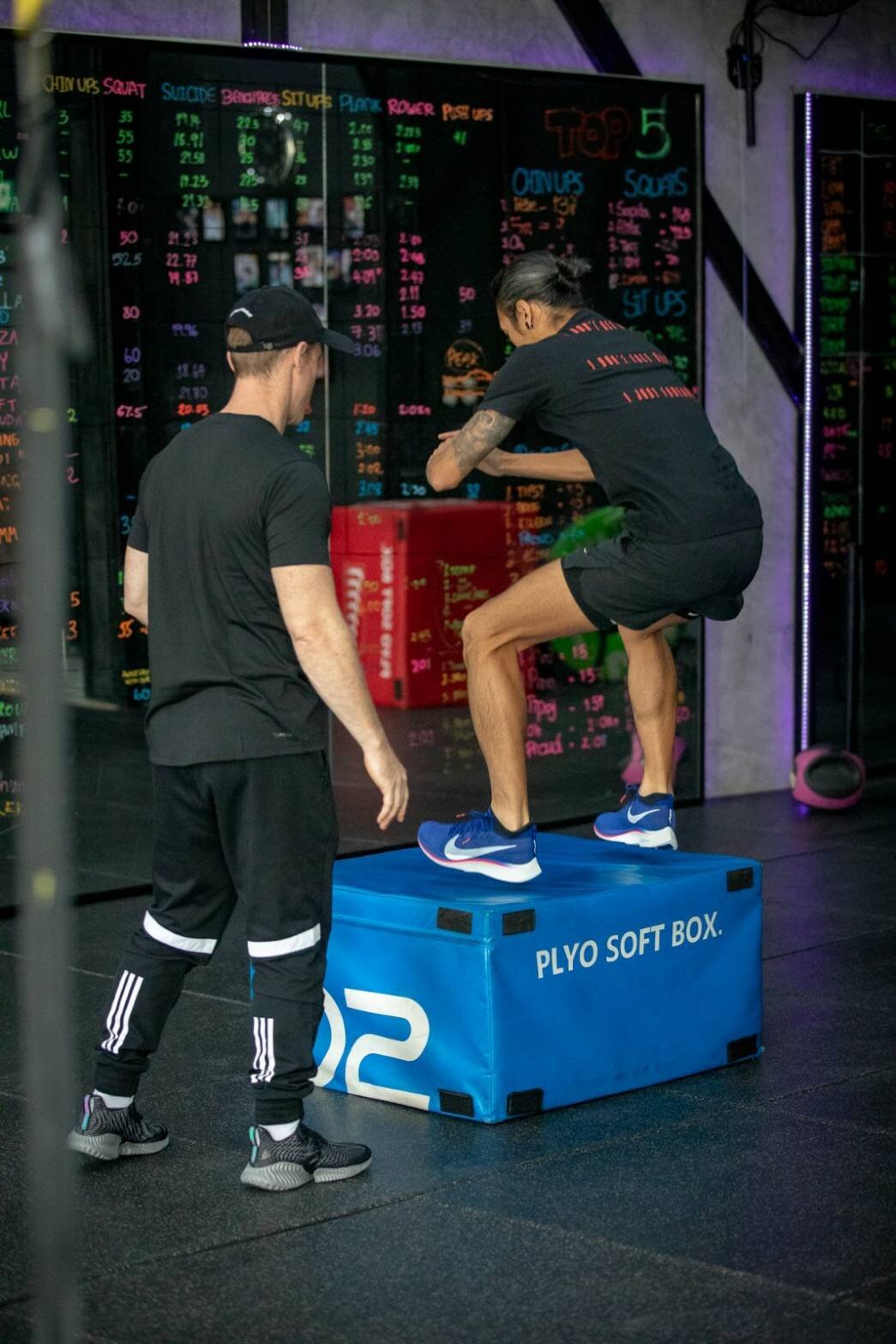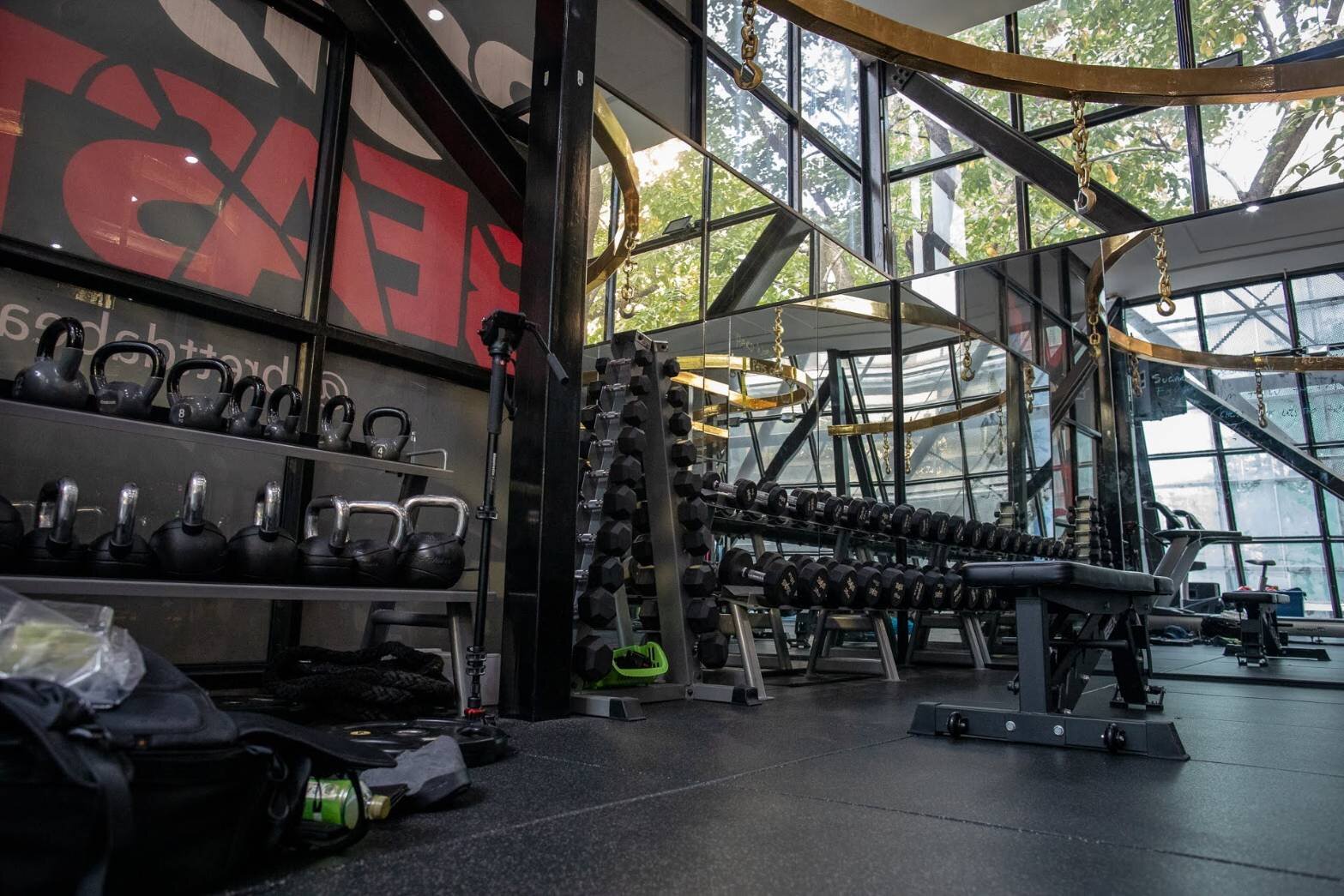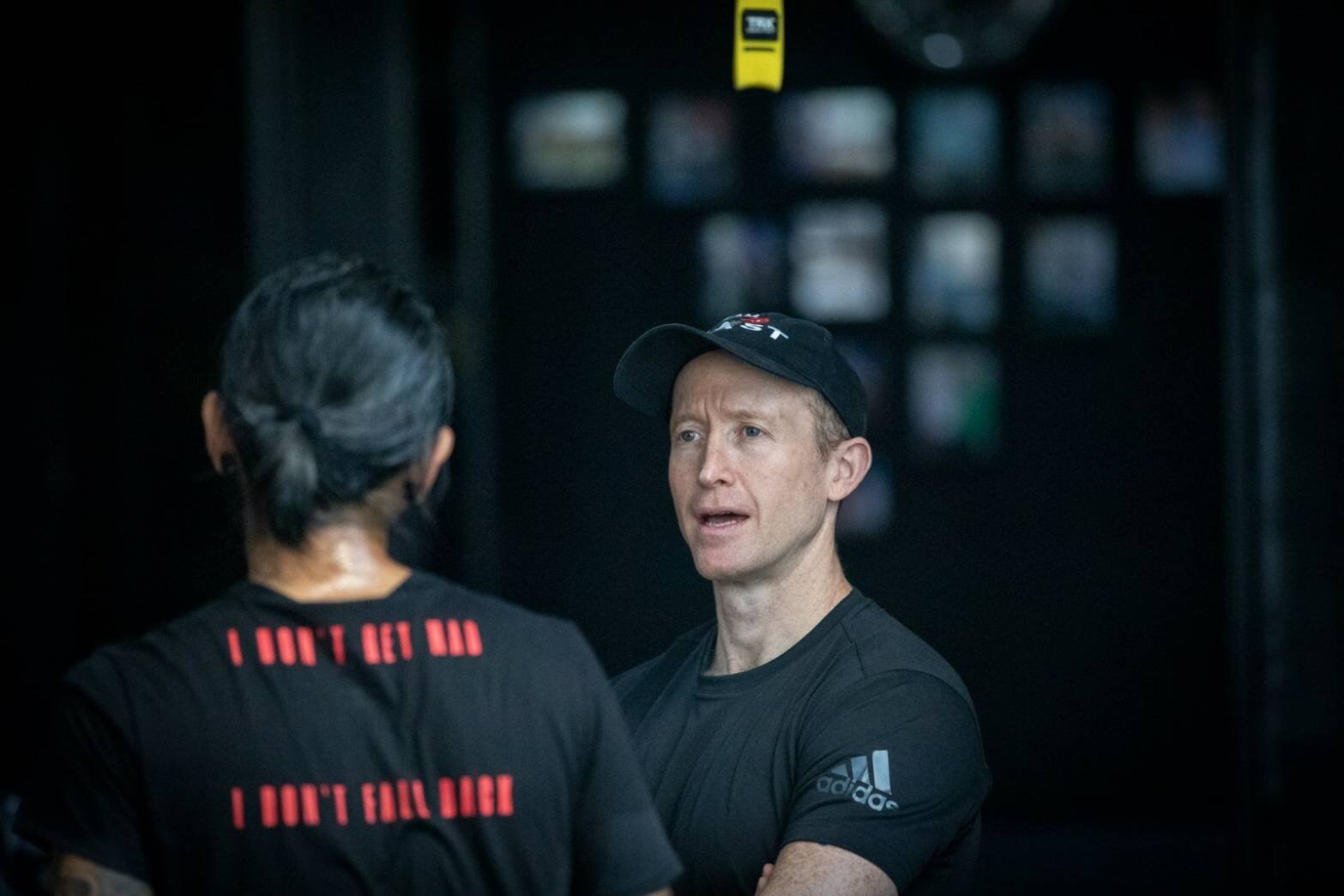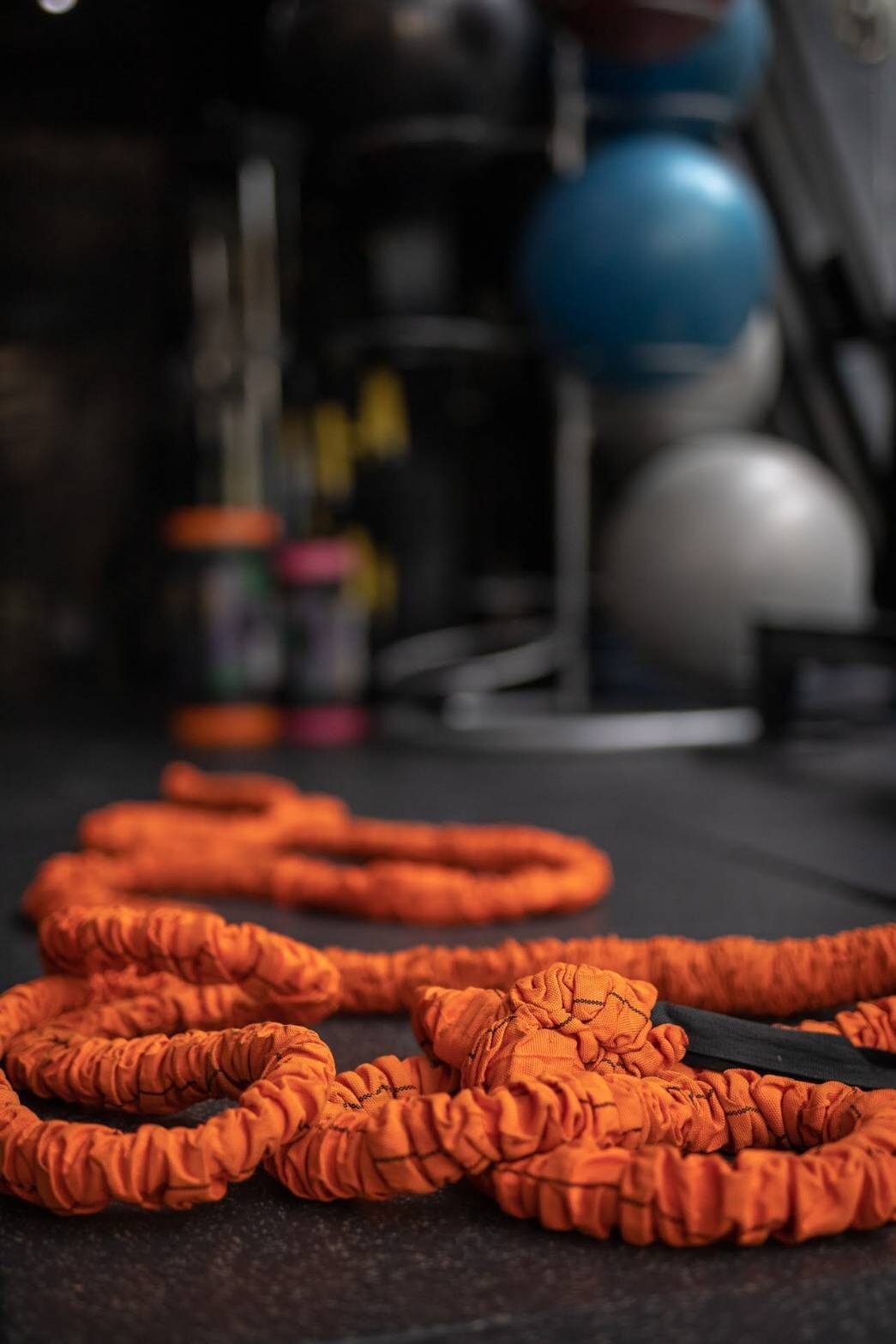Guest Contributor Series: Brett R. Taylor: Health and fitness in Bangkok | Part 2
“There’s simply no shortcut to health”
What do you wish more people knew about health and fitness?
Bangkok at the moment reminds me of Australia when [fitness and health] really boomed a few years back. At the time, there was not as much information to really understand what exercise really involved— sports and exercise science wasn’t viewed as a complex topic. Now, more people are breaking records in sports simply because sports science has advanced, thus allowing athletes to perform at a higher level than before.
What I wish people in Bangkok knew more about health and fitness is to understand that there is a difference between personal trainers and strength & conditioning coaches. There’s a big difference between people that have studied it through university, and those who didn’t. Don’t get me wrong, if someone wants a basic fitness program and a trainer that can motivate them and keep them accountable, then great for them! The problem though, is when trainers think they can call themselves “Strength and Conditioning Coach” without the proper qualifications. I find that insulting for those like my team and me, who have gone through years of studying at university level and multiple internships to get to where we are today. Sure, [a personal trainer] is a real and, without a doubt, a legitimate profession, but you wouldn’t call a handyman an engineer the same way you wouldn’t call a personal trainer a strength and conditioning coach.
What are some common mistakes when you see people starting off their fitness journey?
People love quick fixes and crash diets. What actually happens is that they hear “success stories” from people that say they went on a special programme for a set amount of time; for example, no carbs for a month, not eating for x hours, doing this and that to lose x amount of weight. Because they’re all short-term fixes, it is not sustainable and in most cases, won’t work in the long run. The body is going to want to get back to normal eating sooner or later. A ‘diet’ will only work as long as it lasts, which is why you should be consistent with your healthy lifestyle choices to keep fit in the long run. If you can’t sustain it long term, you’ll eventually go back to square one once your diet regime ends and it will be a vicious cycle of never-ending diets. That’s something very important that people always seem to forget. If they keep making the same mistakes [eating and restricting] over and over, their weight will go up and down all the time, like a yo-yo, which is unhealthy because it’s too extreme. It’s not good on your system, your organs, your muscles, your joints. So what works? 2 words: Balance and consistency — over a longer period of time. There’s simply no shortcut to health.
After being in Thailand for so long, what are some common trends that you see in clients?
I’ve noticed that misinformation is very easily believed, perhaps due to a lack of understanding of what fitness actually encompasses. Some people view it as purely recreational, as a way to pass the time. However, if you actually look into it you’ll realize that it’s based on science and is a subject something people have been studying and trying to understand for a very long time. Health isn’t simply an absence of illness, but it’s how you live so that you age well and delay becoming bed-ridden for the longest time possible.
A lot of people think that lifting weights will make you bulky. That common misconception came from bodybuilding; it was one of the things that the community used to gain publicity in fitness. Most women get bulky because they are either on the wrong program and eating too many calories (in which an increase in fat adds to the ‘bulkiness’) or taking steroids like a lot of professional body builders do - these tend to be high volume training programmes (many reps, many sets). So, if someone comes in and I give them a low volume workout and they are not on steroids, it is very unlikely that they will get “bulky”.
After working out, what actually happens is that there is a blood pump due to muscles being repaired after the workout. This means there is temporary fluid retention in the muscles, which makes your muscles look a little bigger for up to 48 hours. During this time of recovery, some hyper vigilant people might comment that you look like you gained weight when that really isn’t the case. This lack of understanding is so frustrating for me as a strength & conditioning coach because my clients would come back the next session upset and say, “Brett, let’s not do that exercise anymore because it makes me bulky”. If it’s really that easy to get big, I would be huge! [laughs]. I train 5 days a week on the body building program and am still not big. It’s insane but it’s a common misconception.




